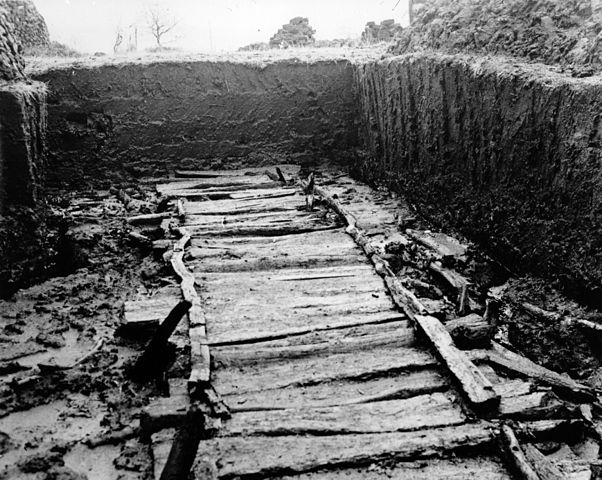"Troy (Troia) as T-R-G market place is probably a bit far-fetched...
Anyway, clear proof that the Vikings already controlled the Mediterranean trade in antiquity, and established torgs everywhere..

PS: If I were to set up a pan-Mediterranean port network, these are some of the places I would consider:
http://en.wikipedia.org/wiki/Trachoni
http://en.wikipedia.org/wiki/Taucheira
http://en.wikipedia.org/wiki/Zakros
http://en.wikipedia.org/wiki/Thera
http://en.wikipedia.org/wiki/Pyrgos_Dirou
http://en.wikipedia.org/wiki/Tragano
Tragaki, Zakynthos
http://en.wikipedia.org/wiki/Durrës
http://en.wikipedia.org/wiki/Oderzo
http://en.wikipedia.org/wiki/Trani
http://en.wikipedia.org/wiki/Triggiano
http://en.wikipedia.org/wiki/Taranto"
Occult nonsense. There were no "Vikings" establishing and naming any cities in Mediterranean. All cities you've mentioned have totally different meanings; this includes the city of Trogir, which simply derives from Etruscan Torkuna-Kir (like the city of Tarquinia; names were often shortened into "Torkir" and later into "Trogir"; which means "market part(rock; another word for a "rock" was PETER in Etruscan; "Peter the Rock" in Vatican (Etruscan 8ATIZ; "Seer"; Videc in Slovene(Video in Greek, etc...) ". The "Illyrians" were nothing else than Viliri or Wheel-irian (Trojans), who also lived around the Tyrrhenian (Vilirian; "Ilios" = Viloš; greeks did not use "V" for Veneti and for Trojans - Vilosh (Wheel; Volan, VIL) sea...
The "Trani" city is named by Etruscan Turan.
Regards to Troja. I've intentionally mentioned it. It includes the Lingual container "TR" which means "rotation" (cycle). Wheel (Viloš; Ilios). And Market place is nothing else than a center for (cyclic) exchange, resell. Money and goods which are "circulating" among the population... That's why "TRG" and TORG or whatever...
Anyway, clear proof that the Vikings already controlled the Mediterranean trade in antiquity, and established torgs everywhere..

PS: If I were to set up a pan-Mediterranean port network, these are some of the places I would consider:
http://en.wikipedia.org/wiki/Trachoni
http://en.wikipedia.org/wiki/Taucheira
http://en.wikipedia.org/wiki/Zakros
http://en.wikipedia.org/wiki/Thera
http://en.wikipedia.org/wiki/Pyrgos_Dirou
http://en.wikipedia.org/wiki/Tragano
Tragaki, Zakynthos
http://en.wikipedia.org/wiki/Durrës
http://en.wikipedia.org/wiki/Oderzo
http://en.wikipedia.org/wiki/Trani
http://en.wikipedia.org/wiki/Triggiano
http://en.wikipedia.org/wiki/Taranto"
Occult nonsense. There were no "Vikings" establishing and naming any cities in Mediterranean. All cities you've mentioned have totally different meanings; this includes the city of Trogir, which simply derives from Etruscan Torkuna-Kir (like the city of Tarquinia; names were often shortened into "Torkir" and later into "Trogir"; which means "market part(rock; another word for a "rock" was PETER in Etruscan; "Peter the Rock" in Vatican (Etruscan 8ATIZ; "Seer"; Videc in Slovene(Video in Greek, etc...) ". The "Illyrians" were nothing else than Viliri or Wheel-irian (Trojans), who also lived around the Tyrrhenian (Vilirian; "Ilios" = Viloš; greeks did not use "V" for Veneti and for Trojans - Vilosh (Wheel; Volan, VIL) sea...
The "Trani" city is named by Etruscan Turan.
Regards to Troja. I've intentionally mentioned it. It includes the Lingual container "TR" which means "rotation" (cycle). Wheel (Viloš; Ilios). And Market place is nothing else than a center for (cyclic) exchange, resell. Money and goods which are "circulating" among the population... That's why "TRG" and TORG or whatever...





